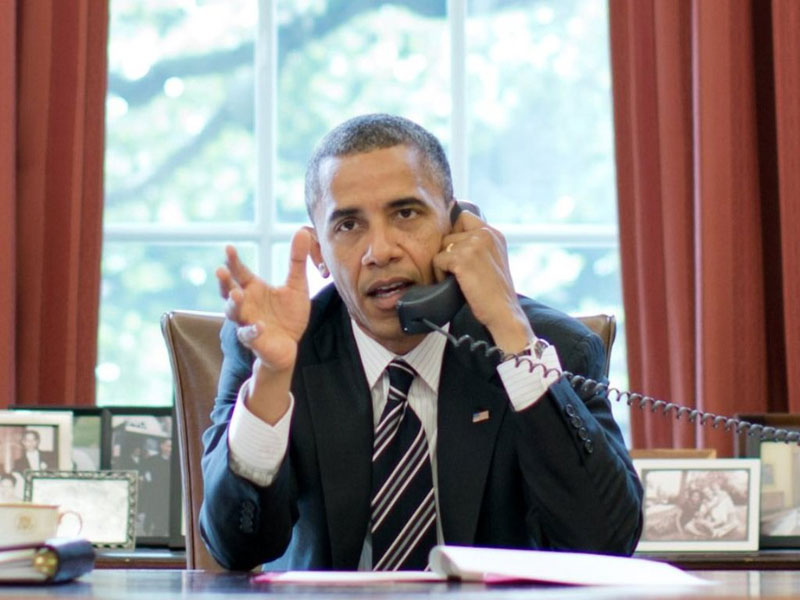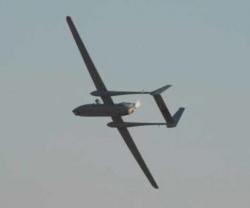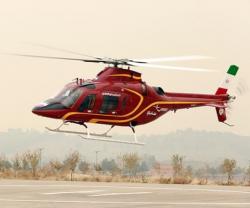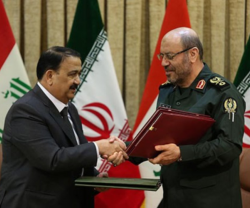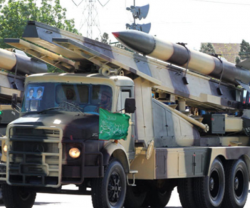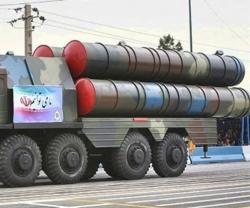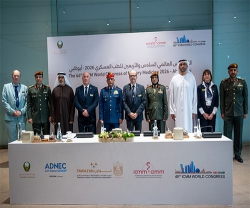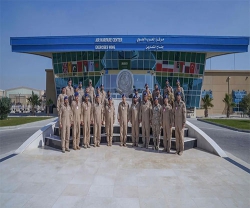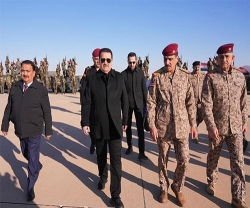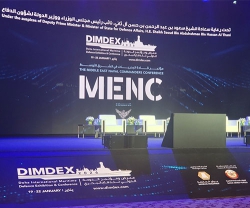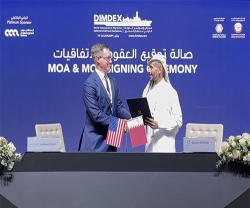Obama, Saudi King Discuss Iran Nuclear Deal
16.07.2015 KSA
President Barack Obama telephoned Saudi Arabia’s King Salman bin Abdul-Aziz on Tuesday from Air Force One to discuss the newly completed Iran nuclear agreement, the White House said.
Saudi Arabia expressed hope Tuesday for an end to Iran's regional "interference" after a historic nuclear deal aimed at ensuring Tehran does not obtain an atomic bomb was struck.
“Given that Iran is a neighbor, Saudi Arabia hopes to build with her better relations in all areas on the basis of good neighborliness and non-interference in internal affairs,” said an official spokesman cited by the Saudi Press Agency (SPA).
Both leaders also discussed the urgent need to stop the fighting in Yemen and ensure assistance for all Yemenis through international humanitarian channels.
Obama also spoke with Abu Dhabi Crown Prince Sheikh Mohammed bin Zayed al-Nahyan by telephone to discuss the nuclear agreement.
The United Arab Emirates welcomed the historic deal saying it could turn a “new page” for the Gulf region.
“Iran could play a (significant) role in the region if it revises its policy and stops interfering in the internal affairs of countries like Iraq, Syria, Lebanon and Yemen,” a UAE official said in the first reaction from the Gulf Arab monarchies to the Vienna accord.
Meanwhile, Egypt said it “hopes that the deal between both sides is complete and prevents an arms race in the Middle East as well as ensuring the region is free of all weapons of mass destruction, including nuclear weapons.”
Obama emphasized the United States' commitment to working with Gulf partners, such as United Arab Emirates, to counter Iran's destabilizing activities in the region.
Following the calls, it was revealed that the U.S. President is sending his Defense Chief next week to the Middle East to reassure reassuring allies that the nuclear deal will not undermine America's commitment to their security.
U.S. defense officials told Reuters that Defense Secretary Ash Carter would travel to Israel and elsewhere within the region but declined to offer details.
The agreement between Iran and six major world powers could transform the Middle East, curbing sensitive Iranian nuclear activities in exchange for sanctions relief - and, in the process, upending assumptions about Tehran's isolation.
Iran and major powers agreed on a mechanism under which the U.N. nuclear watchdog International Atomic Energy Agency could get access to suspect nuclear sites in Iran within 24 days, the text of the Iran nuclear agreement said.
Iran will also be allowed to conduct research and development (R&D) with uranium for advanced centrifuges during the first 10 years of a nuclear agreement with major powers, according to the text of the deal posted on the Russian foreign ministry website.
“Iran will continue to conduct enrichment R&D in a manner that does not accumulate enriched uranium,” the text of the agreement said.
Tehran and the six powers had been holding marathon diplomatic negotiations at the ministerial level for more than two weeks to resolve a 12-year stand-off over Iran's nuclear program.
Saudi Arabia expressed hope Tuesday for an end to Iran's regional "interference" after a historic nuclear deal aimed at ensuring Tehran does not obtain an atomic bomb was struck.
“Given that Iran is a neighbor, Saudi Arabia hopes to build with her better relations in all areas on the basis of good neighborliness and non-interference in internal affairs,” said an official spokesman cited by the Saudi Press Agency (SPA).
Both leaders also discussed the urgent need to stop the fighting in Yemen and ensure assistance for all Yemenis through international humanitarian channels.
Obama also spoke with Abu Dhabi Crown Prince Sheikh Mohammed bin Zayed al-Nahyan by telephone to discuss the nuclear agreement.
The United Arab Emirates welcomed the historic deal saying it could turn a “new page” for the Gulf region.
“Iran could play a (significant) role in the region if it revises its policy and stops interfering in the internal affairs of countries like Iraq, Syria, Lebanon and Yemen,” a UAE official said in the first reaction from the Gulf Arab monarchies to the Vienna accord.
Meanwhile, Egypt said it “hopes that the deal between both sides is complete and prevents an arms race in the Middle East as well as ensuring the region is free of all weapons of mass destruction, including nuclear weapons.”
Obama emphasized the United States' commitment to working with Gulf partners, such as United Arab Emirates, to counter Iran's destabilizing activities in the region.
Following the calls, it was revealed that the U.S. President is sending his Defense Chief next week to the Middle East to reassure reassuring allies that the nuclear deal will not undermine America's commitment to their security.
U.S. defense officials told Reuters that Defense Secretary Ash Carter would travel to Israel and elsewhere within the region but declined to offer details.
The agreement between Iran and six major world powers could transform the Middle East, curbing sensitive Iranian nuclear activities in exchange for sanctions relief - and, in the process, upending assumptions about Tehran's isolation.
Iran and major powers agreed on a mechanism under which the U.N. nuclear watchdog International Atomic Energy Agency could get access to suspect nuclear sites in Iran within 24 days, the text of the Iran nuclear agreement said.
Iran will also be allowed to conduct research and development (R&D) with uranium for advanced centrifuges during the first 10 years of a nuclear agreement with major powers, according to the text of the deal posted on the Russian foreign ministry website.
“Iran will continue to conduct enrichment R&D in a manner that does not accumulate enriched uranium,” the text of the agreement said.
Tehran and the six powers had been holding marathon diplomatic negotiations at the ministerial level for more than two weeks to resolve a 12-year stand-off over Iran's nuclear program.
Latest news
Latest events
World Defense Show (WDS) 2026
08 - 12 Feb 2026Riyadh - Saudi ArabiaSAHA EXPO International Defence & Aerospace Exhibition
05 - 09 May 2026İstanbul Expo Center - TurkeyEUROSATORY 2026
15 - 19 Jun 2026Paris Nord, Villepinte - FranceFarnborough International Airshow
20 - 24 Jul 2026Farnborough - United Kingdom

